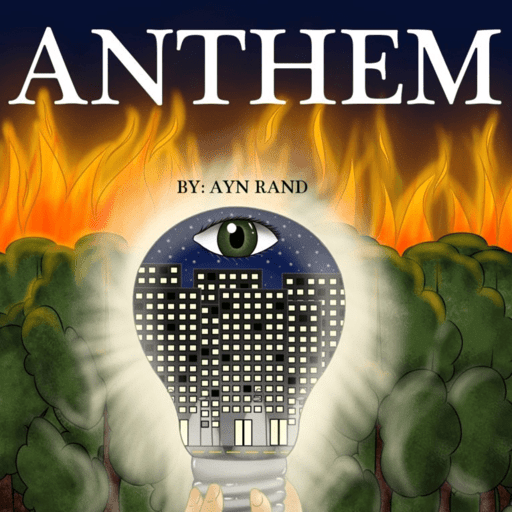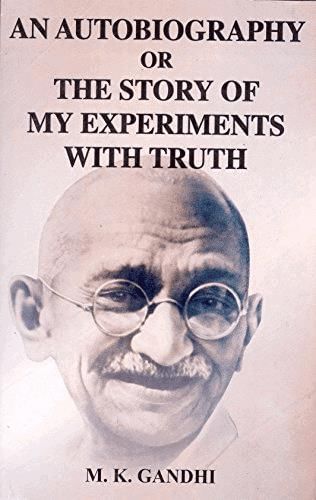Phase Equilibria - 1 | Physics for IIT JAM, UGC - NET, CSIR NET PDF Download
Phase Equilibrium
We are all familiar with phase transitions where a substance transforms from one stable phase to another at an equilibrium temperature. For example, ice will be in equilibrium with liquid water at 273.15 K and 1 atmosphere pressure, or liquid water will be in equilibrium with water vapor at 373.15 K and one atmosphere. We will now take a look at the thermodynamic principles involved in phase transitions.
The only things we know are the criteria for equilibrium under certain conditions. That is, we know that
for a closed isolated system (that is, the entropy seeks a maximum), and
for a system as constant temperature and volume (that is,the Helmholtz free energy seeks a minimum), and
for a system at constant temperature and pressure (the Gibbs free energy seeks a minimum).
We will do a series of three thought experiments under different sets of conditions and use the above criteria to tell us things about the temperature, pressure, and chemical potential of a system of two phases in equilibrium.
I. A closed isolated system.
Consider a closed isolated system consisting of two phases, phase α in equilibrium with phase β . We will call the temperature of the α phase Tα and the temperature of the β phase Tβ.
We do not know, yet, what is the relationship between Tα and Tβ. We do know that in this system entropy seeks a maximum. That is,
Let us transfer a small amount of heat, dq, reversibly from phase α to phase β . For definiteness we will set dq > 0. So
and
The total entropy change for the system is
Since dq is positive by construction we conclude that
or
If the system is not at equilibrium then which makes sense because heat flows spontaneously from a higher temperature to a lower temperature.
If the system is at equilibrium then There is only one temperature defined and there in no need to distinguish between the temperatures of the two phases.
FAQs on Phase Equilibria - 1 - Physics for IIT JAM, UGC - NET, CSIR NET
| 1. What is phase equilibria in physics? |  |
| 2. What factors influence phase equilibria? |  |
| 3. How is phase equilibria represented graphically? |  |
| 4. What is the significance of phase equilibria in practical applications? |  |
| 5. How can phase equilibria be experimentally determined? |  |



























